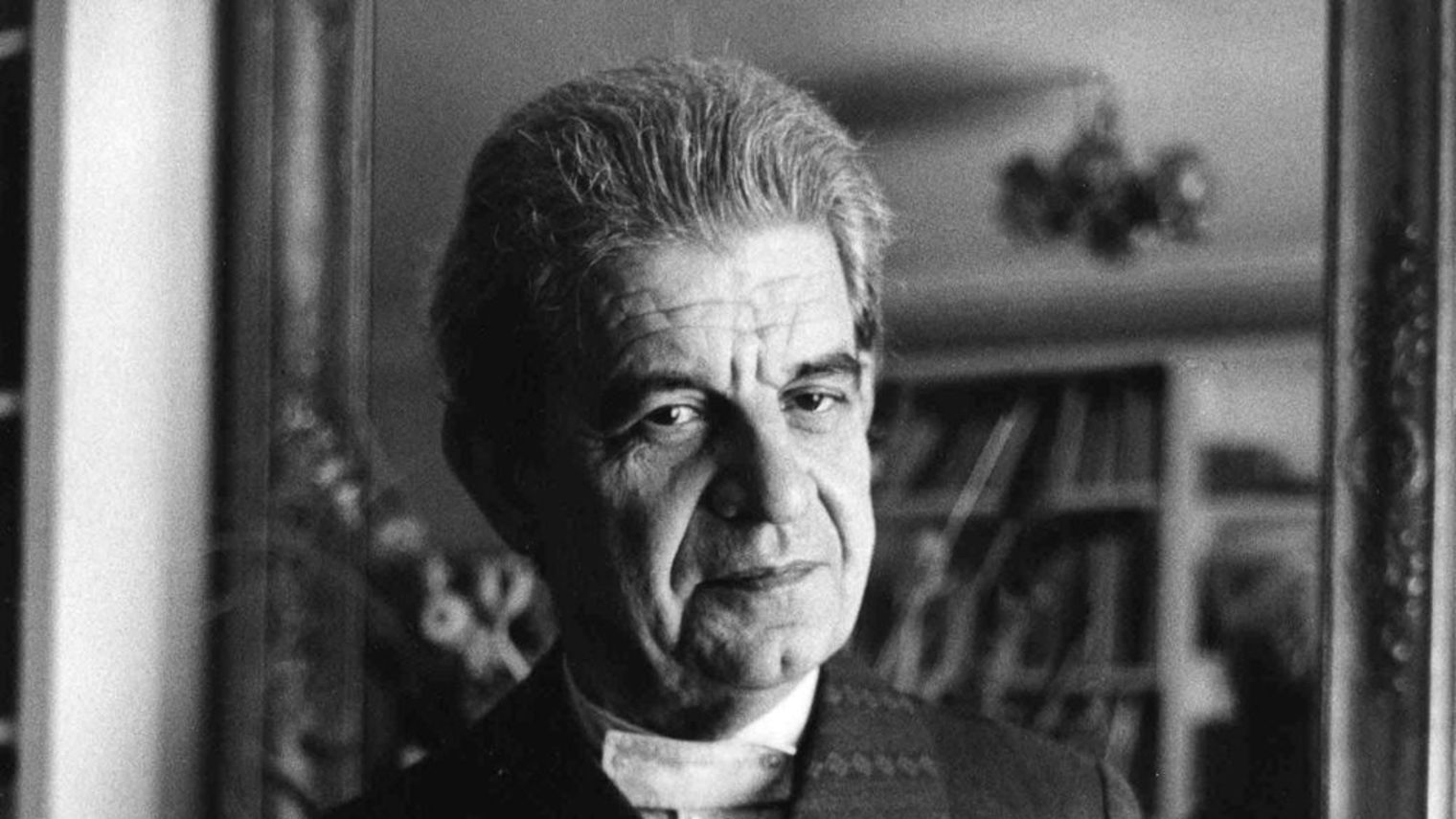
Jacques Lacan is a pivotal figure in the field of psychoanalysis. He was a French psychiatrist and psychoanalyst, known for his unique contributions to the theory and practice of psychology. Lacan’s ideas challenged traditional notions of psychoanalysis, leading to a reevaluation of the role of language and the unconscious mind in understanding human behavior. In this article, we will explore 13 intriguing facts about Jacques Lacan, shedding light on his life, works, and enduring impact on the field of psychology. From his controversial theories on the “mirror stage” to his role in the formation of the influential school of thought known as “Lacanian psychoanalysis,” we will delve into the fascinating world of this enigmatic figure.
Key Takeaways:
- Jacques Lacan’s ideas, like the “mirror stage” and the concept of the “Other,” changed how we understand the human mind and continue to inspire psychologists and thinkers today.
- Lacan’s emphasis on language and interpretation revolutionized not only psychology but also influenced fields like literature, philosophy, and cultural studies.
Jacques Lacan was a renowned French psychoanalyst.
Considered one of the most influential figures in the field of psychology, Lacan’s theories and ideas continue to shape the way we understand the human mind.
Lacan was born in Paris in 1901.
His early life in Paris played a significant role in shaping his intellectual development and his later work in psychoanalysis.
He drew inspiration from the work of Sigmund Freud.
Lacan was deeply influenced by Freud’s theories of the unconscious and sought to build upon them by introducing his own concepts and interpretations.
Lacan formulated the concept of the “mirror stage.”
This idea suggests that infants develop a sense of self by identifying with their own reflection, marking a crucial step in their psychological development.
He introduced the concept of the “Other.”
According to Lacan, the “Other” represents the external world and plays a vital role in shaping an individual’s identity and desires.
Lacan believed in the importance of language.
He argued that language is not only a means of communication but also a deeply symbolic system that shapes our thoughts, desires, and perceptions of reality.
His ideas sparked controversy within the psychoanalytic community.
Lacan’s unconventional interpretations and unorthodox methods led to heated debates and divisions among his colleagues.
Lacan emphasized the role of desire in human behavior.
He believed that our desires are not driven by individual needs but are shaped by societal and cultural influences.
He established the École Freudienne de Paris.
Lacan founded this institution in 1964 as a forum for the exploration and dissemination of his ideas and theories.
Lacan had a unique approach to therapy.
His method involved utilizing a combination of language, symbolism, and interpretation to help patients gain insight into their unconscious processes.
He had a profound impact on fields beyond psychology.
Lacan’s ideas have influenced not only psychoanalysis but also literary theory, linguistics, philosophy, and cultural studies.
Lacan had a distinctive way of conducting seminars.
His seminars were characterized by their intellectual rigor, dense theoretical discussions, and a distinctive mix of philosophy, literature, and psychoanalysis.
Lacan believed in the power of interpretation.
He argued that uncovering the hidden meaning behind symbols and language is crucial for understanding the complexities of the human mind.
Conclusion
In conclusion, Jacques Lacan was a highly influential figure in the field of psychoanalysis, known for his unique approach and theories. Through his work, Lacan sought to explore the depths of the human psyche and challenge traditional psychoanalytic concepts. From his conceptualization of the mirror stage to his reimagining of the relationship between language and desire, Lacan’s ideas continue to have a significant impact on contemporary psychoanalysis and philosophy.Lacan’s intricate and complex theories may not be easily accessible to everyone, but they have undoubtedly contributed to our understanding of the human mind and its workings. Whether you agree with his ideas or not, there is no denying the influence that Lacan has had on the field of psychology and his enduring legacy.
FAQs
1. Who was Jacques Lacan?
Jacques Lacan was a French psychoanalyst and psychiatrist, best known for his original and controversial theories on psychoanalysis.
2. What are some key concepts in Lacanian psychoanalysis?
Some key concepts in Lacanian psychoanalysis include the mirror stage, the symbolic order, the role of language in the construction of identity, and the unconscious as structured like a language.
3. How did Lacan contribute to the field of psychoanalysis?
Lacan’s contributions to psychoanalysis include his reinterpretation of Freudian concepts, his focus on language and linguistics, and his emphasis on the role of the unconscious in shaping human experience.
4. Is Lacanian psychoanalysis widely accepted?
Lacanian psychoanalysis is a highly debated and controversial approach within the field. While it has gained a following among some practitioners and intellectuals, it is not as widely accepted as traditional Freudian psychoanalysis.
5. Can anyone study Lacanian psychoanalysis?
Studying Lacanian psychoanalysis typically requires a solid understanding of Freudian theory and a willingness to engage with complex philosophical and linguistic concepts. It is primarily studied by professionals and academics in the field of psychology and philosophy.
Jacques Lacan's groundbreaking ideas in psychoanalysis and linguistics have left an indelible mark on modern thought. Dive deeper into the world of psychoanalytic theory by exploring fascinating facts about Sigmund Freud, the father of psychoanalysis. For those intrigued by the intricacies of language, uncover the captivating world of Salishan languages, a family of Native American tongues known for their unique grammatical structures and complex sound systems.
Was this page helpful?
Our commitment to delivering trustworthy and engaging content is at the heart of what we do. Each fact on our site is contributed by real users like you, bringing a wealth of diverse insights and information. To ensure the highest standards of accuracy and reliability, our dedicated editors meticulously review each submission. This process guarantees that the facts we share are not only fascinating but also credible. Trust in our commitment to quality and authenticity as you explore and learn with us.


